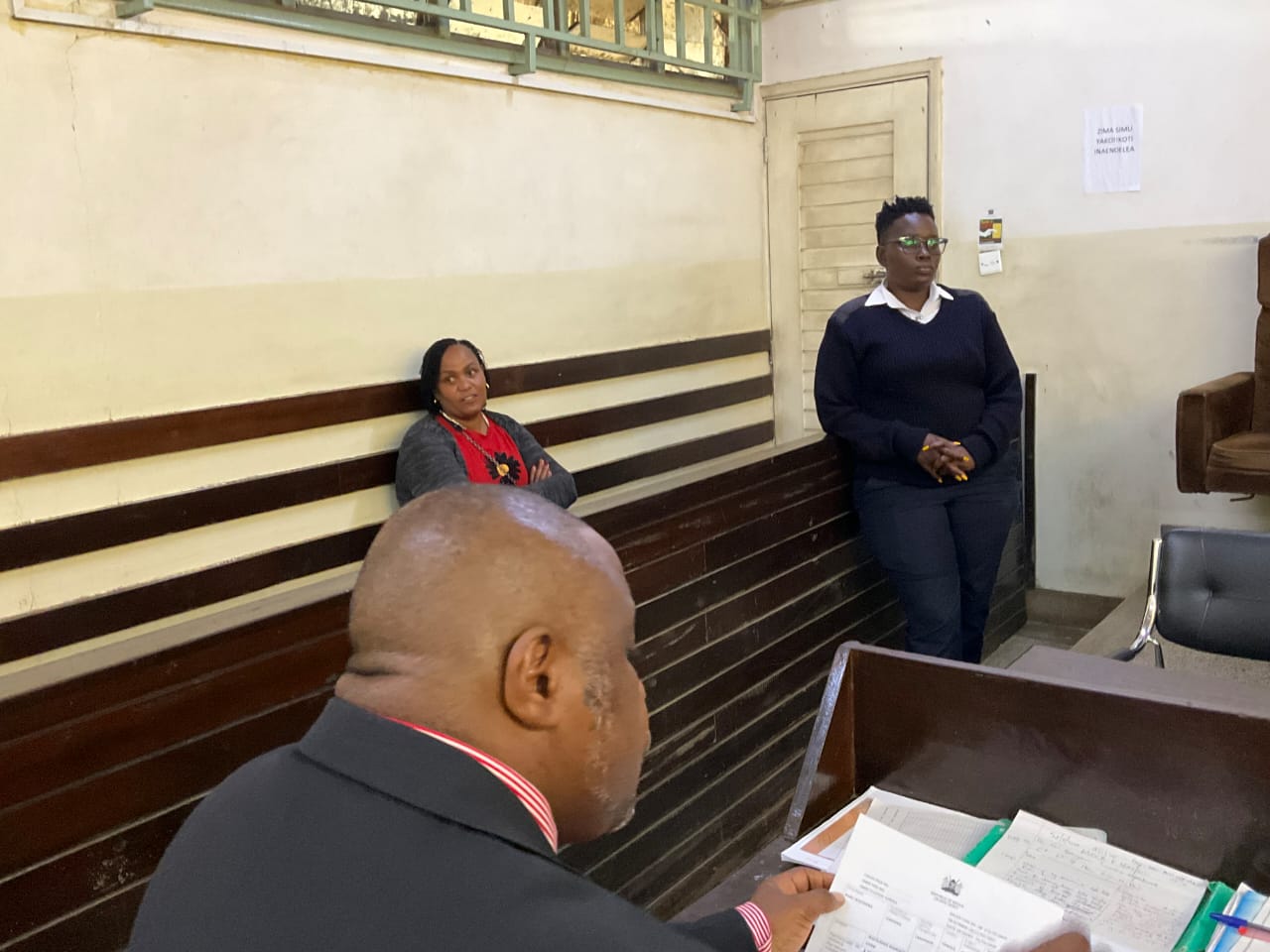
By Dennis Muritu
Despite advancements in its legal framework for public debt, Kenya is grappling with significant shortcomings in transparency, reporting, and oversight, which are severely undermining accountability in its debt management. This concerning assessment comes from two new reports, “State of Debt Transparency in Kenya” and “Strengthening Debt Accountability in Kenya,” recently published by the Institute of Public Finance (IPF).
The IPF’s findings paint a troubling picture, indicating that while Kenya has made strides in publishing essential debt-related documents, such as the Annual Debt Management Reports and the Medium-Term Debt Strategy (MTDS), the quality, timeliness, and accessibility of these documents remain inconsistent. This inconsistency, coupled with delays in releasing crucial Monthly Debt Bulletins, a notable absence of transaction-level data, and insufficient disclosure of contingent liabilities, collectively hinders effective public oversight and scrutiny.
Over the past decade, Kenya’s public debt has expanded dramatically, reaching an alarming Ksh 11.5 trillion, or 67% of its Gross Domestic Product, as of April 2025. This figure includes Ksh 6.2 trillion (36% of GDP) in domestic debt and Ksh 5.3 trillion (31% of GDP) in external debt. This significant increase in debt is particularly concerning when viewed against the backdrop of the major transparency gaps identified in its management.
A primary concern highlighted in the reports is the inconsistent and delayed publication of vital reports. The Monthly Debt Bulletins, the External Debt Register, and the External Resources Handbook are frequently delayed, making it difficult for civil society organizations, policymakers, and ordinary citizens to access timely information on the country’s debt position. Furthermore, the government’s reporting on contingent liabilities arising from Public-Private Partnerships (PPPs) is outdated. This poses significant fiscal risks, especially as Kenya increasingly relies on PPPs for infrastructure development. Adding to these concerns is a striking lack of disclosed transaction-level data for individual loans. Details such as the specific terms and conditions of high-value loans, including those for major infrastructure projects like the Standard Gauge Railway (SGR, also known as the Standard Gauge Rail), remain undisclosed. This lack of transparency has fueled public concern and speculation regarding potential risks and liabilities associated with these agreements, particularly in cases where loan contracts include non-disclosure clauses.
The “Strengthening Debt Accountability” report further points to a critical lack of coherence among the government’s key fiscal policy documents—the MTDS, Budget Policy Statement (BPS), and Annual Borrowing Plan (ABP). These documents, which are meant to guide government borrowing and debt management decisions, present different borrowing targets. Such inconsistencies not only limit the effectiveness of oversight but also diminish the credibility of government borrowing plans, making it difficult to pinpoint which document should serve as the actual benchmark for borrowing limits.
Another significant issue identified is the limited role of Parliament in Kenya’s debt decisions. While Parliament reviews borrowing targets, there is no legal requirement for it to ratify individual loan agreements – a crucial safeguard recommended by international best practices. The Public Finance Management (PFM) Act, 2012, does not grant Parliament a legal mandate to ratify loan agreements, although parliamentary approval is required before the National Treasury enters a loan guarantee. The absence of such a clear provision for parliamentary ratification of loan agreements raises questions about the country’s democratic legitimacy and undermines the doctrine of separation of powers, leading to inadequate oversight over the executive’s power in debt decisions. A proposal in 2022 by the National Assembly to amend Section 50 of the PFM Act, 2012, to require the National Treasury to seek authorization from Parliament before executing any loan contract for amounts above Ksh 1 billion, unfortunately, did not materialize.
Given that Kenya is still considered at a high risk of debt distress, the reports strongly urge the government and Parliament to take bold steps to enhance transparency and accountability in public borrowing. Key recommendations include amending the PFM Act to require parliamentary ratification of all loan agreements above Ksh 1 billion, improving data publication by releasing debt data in machine-readable formats and ensuring the timeliness of key documents like Monthly Bulletins and External Debt Registers, and aligning the MTDS, BPS, and ABP to ensure coherence in borrowing targets and policy direction. Furthermore, the reports emphasize the need to strengthen independent oversight institutions, particularly the Office of the Auditor-General, and to build capacity among civil society organizations and the public for greater scrutiny. These measures are crucial to ensure that Kenya’s accumulating debt genuinely contributes to inclusive and sustainable development for its citizens.







